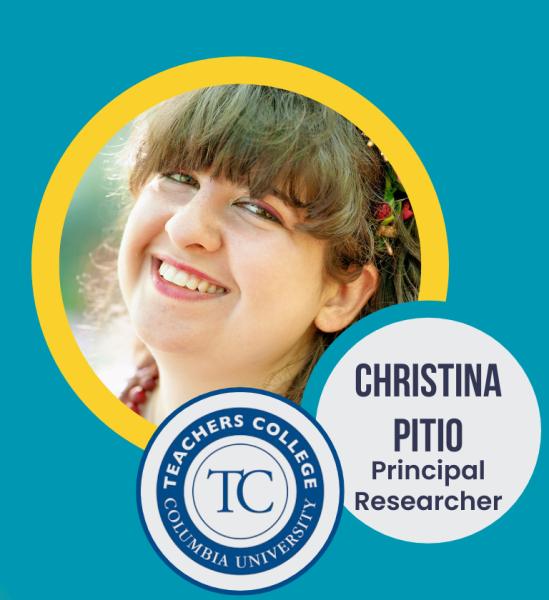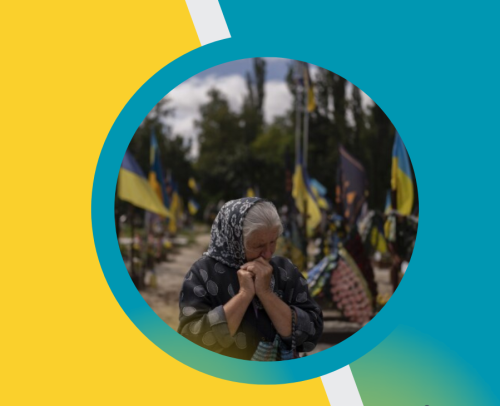Volumes upon volumes of work have been done examining the effects of war on those directly experiencing it. When thinking about those effects, many of us may be able to come up with a laundry list of pain and suffering right off the top of our heads: Anxiety, depression, PTSD, insomnia, weight loss, weight gain, famine, homelessness, crashed local economies, premature death, etc. The list and the data to support it go on and on indefinitely, and for good reason. War is a tragedy with an enormous and immediate human cost, and to ignore that cost is to live outside of reality.
But what of the less immediate consequences? Who else does war hurt outside of those directly experiencing it? How does war in one's country of origin affect them, even if their family emigrated several generations ago? How does war affect someone who isn't experiencing it directly, but whose family is?
This presentation will examine the current data available, what it tells us about those experiencing war directly, and what it says about those experiencing war secondhand in some capacity. It will then discuss the current study and gaps in the research that it seeks to bring attention to, and potentially to begin to close.
This is free online talk, but registration is required.
Are you Ukrainian or Ukrainian American (of any generation) living in the United States? You can participate in the study! Fill out this contact form.

Christina Pitio (Пітйо) is a Clinical Psychology Master's Student at Columbia Teachers College in Harlem, New York. This presentation will discuss her graduate thesis, which, when completed, will finish her degree program. She earned her Bachelor's in General Psychology at Rutgers University in New Brunswick, New Jersey, and her Associate's in Art at Brookdale Community College in Lincroft, New Jersey.
Christina was born and raised in New Jersey and is a first-generation American. Her parents, Walter and Arminda, immigrated in the 60s from Ukraine and Cuba, respectively, and together have raised 5 children, of whom Christina is the third. Christina is very proud of the entirety of her heritage and has spent the past few years seeking to deepen her involvement and understanding of both sides of her family tree. To some degree, this study is part of that effort.
Christina married her husband, Arthur, in May 2025 and moved to Edison NJ, very near the UHEC. In July, she reached out to the UHEC, and this presentation is one result of that interaction. She plans to continue her education and earn her Ph.D in clinical psychology, and to become a child therapy specialist. We look forward to the successful completion of the study and her degree, as well as working with her in the future.

